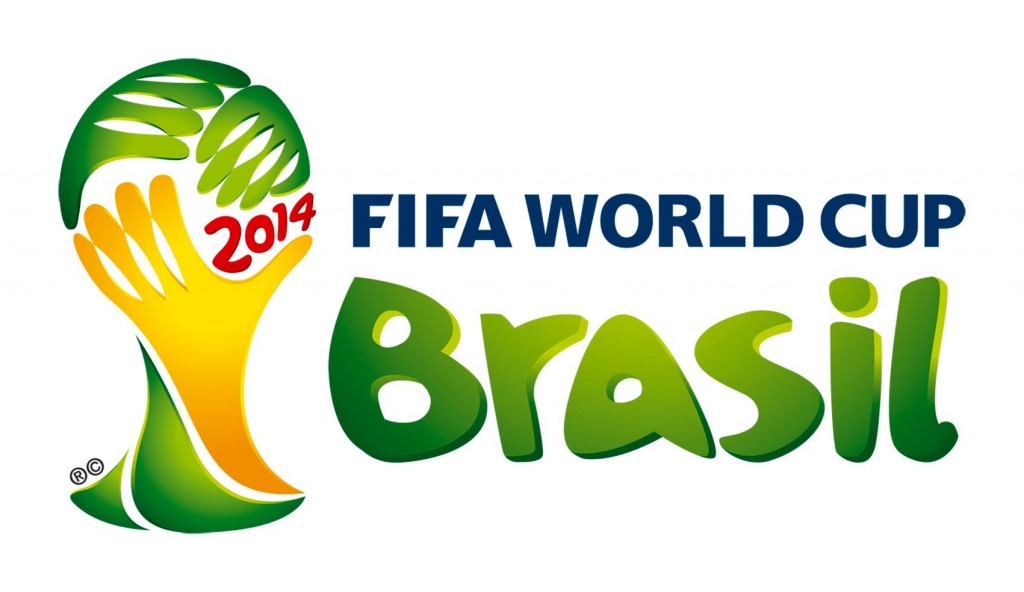
The Origins of Football through the Ages
One game grabs the attention of hundreds of millions of people around the world. Its objectives are simple yet engaging! We tackle the origins of association football and others alike, to get you into the spirit of the World Cup 2014 in Brazil.
Episkyros in Ancient Greece
Football has its origins in the unlikeliest of places around the world. The ancient Greeks played a ball game called ‘Episkyros’ (circa 388 to 311 BC) which is recognised as an early form of football by FIFA. While the Romans played a similar game adapted from the Greek ‘Episkyros’ called ‘Harpastum’. Both of these games allowed players to use both their hands and feet. The Romans played it with a small, hard air-filled ball; it was a violent sport. Game rules have not survived to this day. Some accounts have recorded that it was played with two teams, each consisted of about 12 to 14 players.
Ancient China
The ancient Chinese ball game, Cuju, is the earliest form of football for which there is scientific evidence, as recognised by FIFA. The game has records dating back from the 3rd century to the 1st century BC. Eventually rules were established allowing the games to become standardized. Cuju, literally meaning “kicking ball” quickly spread throughout China and into Japan and Korea at later periods. During the Asuka period in Japan (538 to 710 AD), a game called ‘Kemari’, a variation of the Chinese Cuju, was played.
Mediaeval England
Games similar to this modern form of football have appeared the world over and yet, each with similar rules and objectives. Some may extend as far back as before the ages of antiquity, but with little or no evidence of such. Just vague accounts of games among military men involving a ball. Their very nature as ancient ball games mean they bear little influence on modern football rules played at the World Cup. During the middle ages, there was a rise in the growth and popularity of football games involving parishes and local communities. Most of which took place in England.
An English festival details an annual sport called Shrovetide football while other games of similar leisure were played at Christmastime and Easter. In Mediaeval Europe, “mob football” was popular among towns and villages. Played by local townsfolk, mob football saw an unlimited players of opposing teams clash as they kicked around an inflated animal’s bladder or a leather ball. One such account of what was possibly an early form of football comes from Ulgham, Northumberland in England in 1280.
Mob football became a menace to early English society from the 13th to the 15th centuries, which resulted in the Fooball Act 1424, prohibiting any football being played in public. Despite its enforcement, the law fell into disuse and wasn’t repealed until 1906. There is much evidence of schoolboys playing football across the British Isles from the 1500s to the 1800s.
A civilized Sport
Many well-known English gentry were advocates of “footeball“. Richard Mulcaster who had been a student at the prestigious and famous Eton College during the early 16th century, was an advocate of the sport. His wide contributions took football from its violent forms of street play to organised teams. Muclaster standardized the beautiful game. The later half of the 16th century through to the early 17th century saw public schoolboys partake in recreational football games. Children were once part of the workforce in Britain during this time; they had spent what free time they had organising football games with formal codes of rules. It was these foundations that gave rise to modern football and association football alike.
Forming Clubs
As rules progressed, organisations and clubs were established in many parts of Britain. One club was the first documented to bear the title of football, “The Foot-ball Club”, located in Edinburgh, Scotland. It ran from 1824 to 1841. The club’s rules forbade the intentional act of tripping, but allowed pushing and the kicking and handling of the ball.
Ireland and the GAA
There were similar football-like games being played in Ireland in the 1800s. Not until 1884 with the establishment of the Gaelic Athletic Association (GAA) that any serious attempts to code and unify the sport were made. Another football sport arose during the early 19th century: Rugby. The sport of Rugby derived from football. Elite clubs sought to unify football thus, creating unique rules of play for well educate young men. In 1871, 21 Rugby clubs came together from around London and set up the Rugby Football Union (RFU) with the intent of unifying the sport’s practice and code.
Up in the Air
The sole origin of football is inconclusive. The word itself references the action of a foot kicking a ball and was widely played in Mediaeval Europe without formal rules. The act of kicking a ball by foot for sport was popular around the world; this can account for football’s popularity as such cultures with a history of a similar game can relate to its modern cousin. Nowadays, depending on the country you are in, it can be an entirely different game. For instance, Americans call what we call American football, football! American football allows players to handle and kick the ball. In Canada and some parts of Europe and Asia, association football is known as “soccer”. Soccer is a shortening of “assoc” (association) plus “-er”.
Vamos
The FIFA World Cup 2014 will commence on Thursday 12th June, at 21:00 with Brazil Vs. Croatia. You can catch the entire line up on the official website for the FIFA World Cup 2014. Did you know that the official language in Brazil is Portuguese! Vamos!
